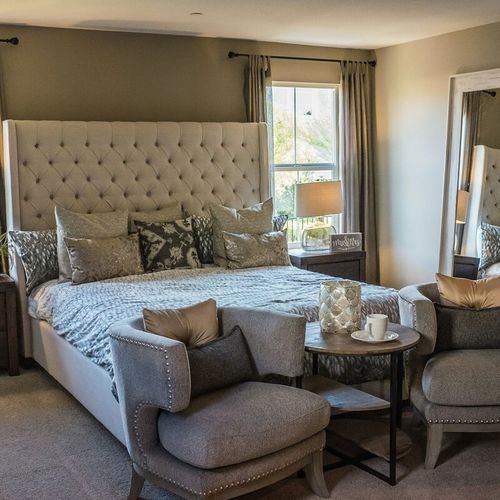Navigating the mortgage landscape can be complex, with various loan options available to homebuyers in Indiana. Among these, conventional and insured conventional loans are popular choices, each with its own set of benefits and considerations. This guide compares these two loan types, helping Indiana homebuyers make informed decisions based on their financial situations and homeownership goals.
Understanding Conventional Loans
What Are Conventional Loans?
Conventional loans are mortgage loans not insured or guaranteed by federal government agencies. They are typically offered by private lenders, such as banks and credit unions, and require the borrower to meet certain credit, income, and down payment criteria.
Benefits of Conventional Loans
- Flexibility in Loan Terms: Conventional loans offer a variety of term lengths, from 10 to 30 years, allowing borrowers to choose a term that best fits their financial plans.
- Lower Interest Rates for Qualified Borrowers: Borrowers with excellent credit scores often secure lower interest rates on conventional loans compared to other mortgage types.
- No Upfront Mortgage Insurance Premiums (MIP): Unlike some government-backed loans, conventional loans do not require an upfront MIP, potentially saving borrowers thousands of dollars.
Insured Conventional Loans Explained
The Role of Private Mortgage Insurance (PMI)
Insured conventional loans are conventional mortgages that require the borrower to purchase Private Mortgage Insurance (PMI) if the down payment is less than 20% of the home’s purchase price. PMI protects the lender in case the borrower defaults on the loan.
Advantages of Insured Conventional Loans
- Lower Down Payment Requirement: Insured conventional loans allow for down payments as low as 3%, making homeownership more accessible for those with limited savings.
- PMI Can Be Removed: Once the borrower achieves 20% equity in their home, they can request to have the PMI removed, lowering their monthly mortgage payment.
Comparing Conventional and Insured Conventional Loans
When to Choose a Conventional Loan
A conventional loan may be the right choice if you have a strong credit score, a sizable down payment (20% or more), and prefer a loan without the requirement of mortgage insurance.
When an Insured Conventional Loan Makes Sense
An insured conventional loan is ideal for borrowers with solid credit scores who can afford a down payment of less than 20% but wish to avoid government-backed loan programs. It’s particularly suitable for first-time homebuyers or those seeking to minimize upfront costs.
Navigating Your Loan Options in Indiana
Choosing between a conventional and insured conventional loan depends on your financial situation, homebuying goals, and long-term plans. Consider the following when making your decision:
- Financial Health: Assess your credit score, debt-to-income ratio, and savings to determine which loan option offers the most favorable terms.
- Homeownership Goals: Reflect on your goals, including the type of home you want to buy, your desired location, and how long you plan to stay in the home.
- Future Financial Plans: Think about how your mortgage will fit into your broader financial plans, including retirement savings, investments, and other financial obligations.
The Bottom Line
Both conventional and insured conventional loans offer pathways to homeownership, each with distinct advantages. By understanding the differences and evaluating your financial readiness, you can choose the loan type that aligns with your homeownership aspirations in Indiana.
For more in-depth information on mortgage options and financial planning for homeownership, the Consumer Financial Protection Bureau (CFPB) provides valuable resources at www.consumerfinance.gov.
If you’re exploring mortgage options in Indiana, Lockstep Realty can help guide you through the process. Our team is dedicated to helping you find the right loan program to meet your needs. Contact us at 317.218.9625, email [email protected], or visit www.locksteprealty.com for personalized assistance.



